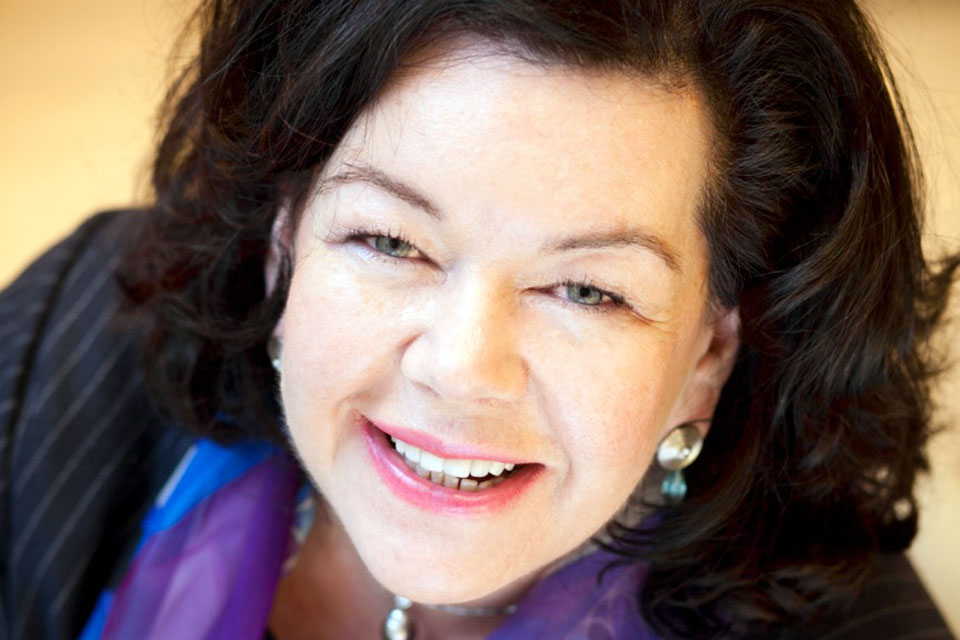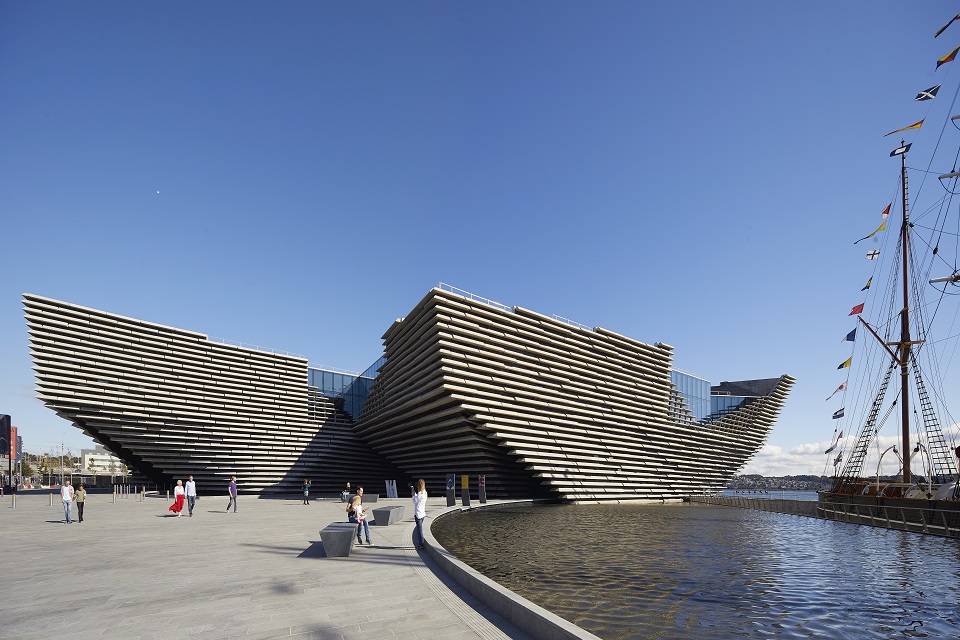Press release: UK first: Parents who lose a child entitled to bereavement leave
- a new workplace right to leave for bereaved parents has been given the royal stamp of approval
- employed parents who lose a child under 18 will receive 2 weeks’ leave under the Act, which is expected to come into force in 2020
A new workplace right to paid leave for bereaved parents has been officially enshrined in law today (Thursday 13 September) as the Parental Leave and Pay Bill achieves Royal Assent.
The first law of its kind in the UK will support those affected by the tragedy of childhood mortality and is expected to come into force in 2020.
The new Parental Bereavement Leave and Pay Act will give all employed parents a day-one right to 2 weeks’ leave if they lose a child under the age of 18, or suffer a stillbirth from 24 weeks of pregnancy. Employed parents will also be able to claim pay for this period, subject to meeting eligibility criteria.
This new law honours the manifesto commitment to introduce a new entitlement to parental bereavement leave.
Business Minister Kelly Tolhurst, said:
This law makes Parental Bereavement Leave a legal right for the first time in the UK’s history.
Losing a child is an unimaginable trauma. I am delighted we have reached this important milestone which so many have campaigned for.
I’d like to thank all the people who have helped make this law a reality, including the brave parent campaigners who have spoken out about their own experiences.
Lucy Herd from Jack’s Rainbow said:
When I started the campaign 8 years ago after the death of my son Jack, I always hoped that a change would happen in his memory.
Knowing that 8 years of campaigning has helped create legislation to ensure bereaved parents are protected in the future is such a wonderful feeling and I am so grateful to all those involved.
The government-backed bill was introduced to parliament in July 2017 as a private member’s bill by Kevin Hollinrake, MP for Thirsk and Malton.
Kevin Hollinkrake MP, Bill sponsor, said:
Losing a child is the most dreadful and unimaginable experience that any parent could suffer and it is right that grieving parents will now be given time to start to come to terms with their loss.
I am grateful to Will Quince MP, who first brought this issue to the fore in a ‘Ten-Minute Rule Motion’ on statutory entitlement during the previous parliamentary session. I am also grateful to Lord Knight and fellow MPs, on both sides of the House, some of whom have shared their own personal stories of losing a beloved child, who have assisted in bringing forward this legislation so quickly.
Will Quince MP said:
There can be few worse life experiences than the loss of a child and while most employers treat their staff with dignity and compassion when this tragedy occurs, all too often we have heard stories of grieving parents being forced back to work too early.
I am delighted that parents in this awful situation will now have the protection of paid leave enshrined in law, and we should be very proud that the UK now has one of the best worker’s rights in this area in the world.
Francine Bates, Chief Executive of The Lullaby Trust said:
At The Lullaby Trust we know how devastating the sudden and unexpected death of a baby or a child is for parents.
This new law is a big step forward in recognising the needs of bereaved families in our society and will help to ensure that parents are not unduly pressurised to return to work immediately following the death of their child.
Steven Wibberley, Chief Executive of Cruse Bereavement Care said:
We are delighted that this bill has been approved as it will make a huge difference to bereaved parents whose lives have been shattered by the death of a child.
It is important that parents are given time to grieve in the aftermath of a child’s death and this new law recognises this.

